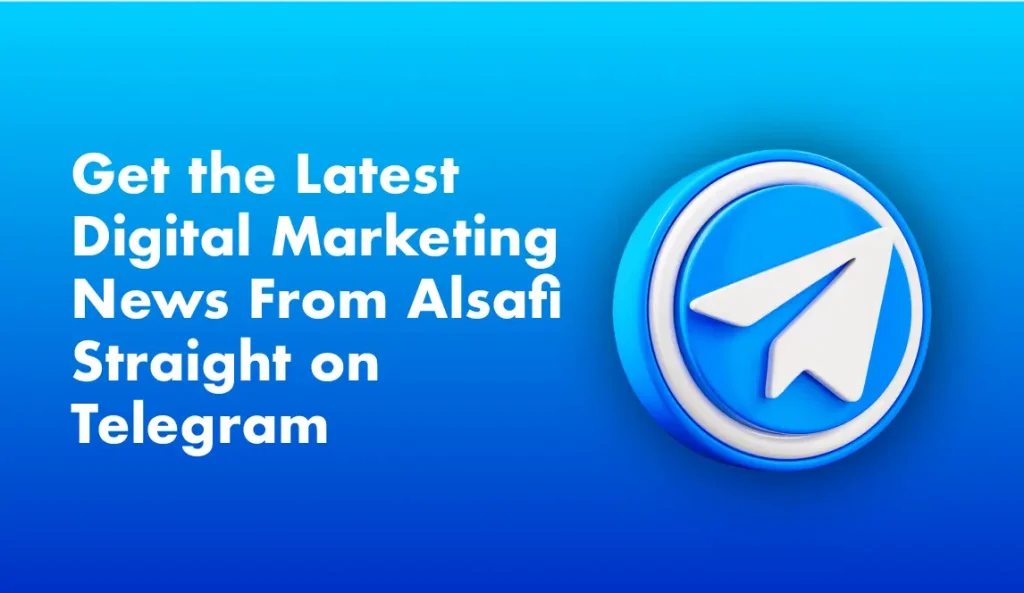Google’s CEO, Sundar Pichai, has revealed that 2025 will mark a pivotal year for the company’s search engine, signaling the most significant transformation in recent years. Speaking at the New York Times DealBook Summit, Pichai emphasized that Google’s enhancements would enable it to tackle increasingly complex queries, setting the stage for a profound evolution in how users interact with search.
This announcement follows a series of AI advancements introduced throughout 2024, including AI-generated summaries, improved Google Lens capabilities, and video-based search options. As Google gears up to roll out a major update to its Gemini model, the search engine giant is clearly positioning itself to remain competitive against rivals like Microsoft, OpenAI, and Perplexity AI.
Breaking Down the 2025 Search Update
The core of Google’s planned transformation lies in AI-powered search capabilities. Over the past year, Google has implemented features designed to streamline the user experience:
- AI-Generated Summaries: Instead of directing users to multiple web pages, Google now provides concise, AI-generated answers at the top of search results. This saves time and enhances usability for quick queries.
- Enhanced Google Lens Functionality: By integrating video search options into Google Lens, users can now visually search for information from video content, such as identifying landmarks, products, or activities within a frame.
- Gemini Model Enhancements: Google’s Gemini AI model, which powers many of its new tools, will see significant upgrades. These updates are expected to enable even more nuanced and context-aware responses, providing users with an unprecedented level of accuracy and relevance.
At the DealBook Summit, Pichai hinted that these innovations would make Google better equipped to handle questions with multiple layers of complexity—queries that traditionally required users to sift through various results for clarity.
Why This Matters
The 2025 updates represent more than just technical improvements. They signify a shift in how search engines function, moving away from being simple query-response tools to becoming sophisticated problem-solving platforms. This evolution aligns with a broader industry trend of integrating generative AI into everyday applications.
For marketers, the implications are clear: search engine optimization (SEO) practices will need to evolve. As AI prioritizes providing direct answers over page rankings, content strategies must adapt to ensure visibility within these AI-generated summaries.
Implications for Digital Marketers
The Middle East, like other regions, has seen a surge in digital marketing investments, making these changes particularly impactful. Here’s what marketers should consider:
- Content Relevance: Focus on creating highly relevant, authoritative content that aligns with AI-driven summarization. Incorporate structured data to improve the chances of being featured in direct answers or snippets.
- Visual Content Optimization: With Google Lens incorporating video search, brands should invest in optimizing video content. Ensure metadata, captions, and descriptions are aligned with potential search intent.
- Localized SEO Strategies: As AI becomes more context-aware, local businesses in the Middle East can leverage regional trends and languages to stand out in searches. Tailoring content to Arabic-speaking audiences or including cultural references can boost discoverability.
Competing with Rivals
Google’s updates also reflect the competitive pressures it faces. Microsoft’s integration of ChatGPT into Bing, alongside OpenAI’s success with standalone AI tools, has raised the bar for search innovation. Meanwhile, Perplexity AI’s rise showcases growing interest in alternative, AI-driven search engines. Google’s response, therefore, is not only about user experience but also about maintaining its dominance in a rapidly evolving market.
To learn more about this topic, check out our Google’s New Forum Content Display: What Marketers Need to Know for deeper insights.
Key Takeaway for Marketing Managers
Marketing professionals in the Middle East should prepare for a new era of search in 2025. To stay ahead, it’s vital to:
- Monitor updates to Google’s AI and search features to adjust SEO strategies accordingly.
- Invest in AI-friendly content, particularly for formats like video and visual search.
- Leverage localization to cater to regional audiences effectively.
By staying informed and proactive, marketers can not only adapt to these changes but also use them to gain a competitive edge in the ever-evolving digital landscape.



